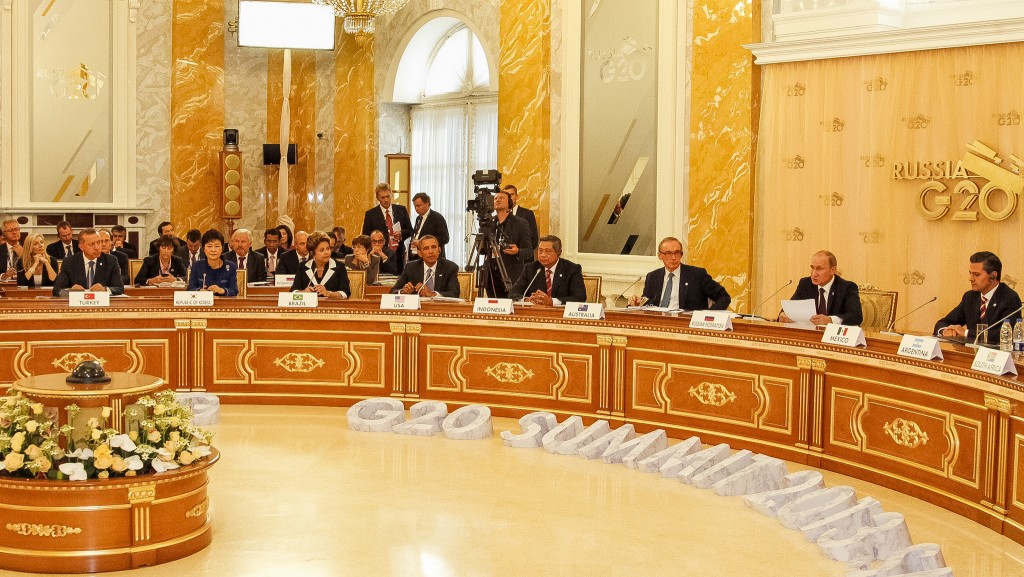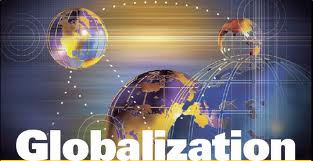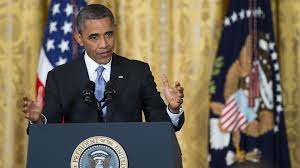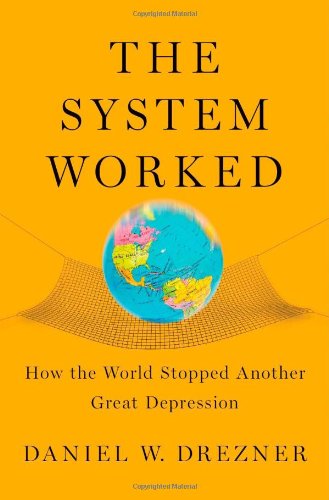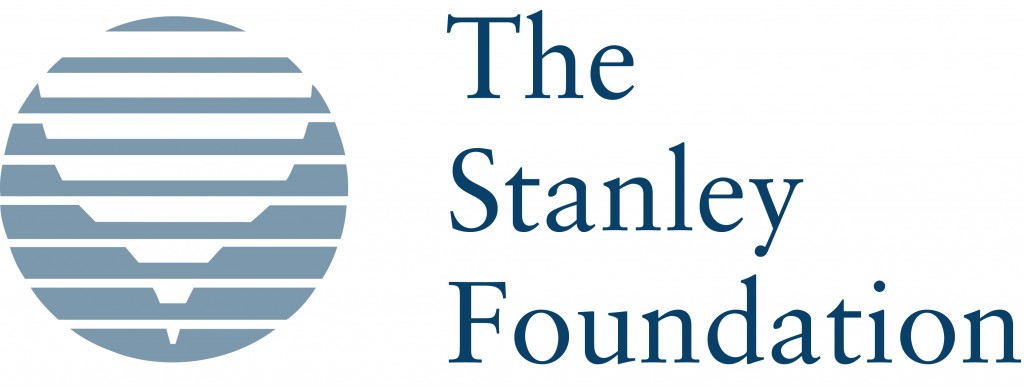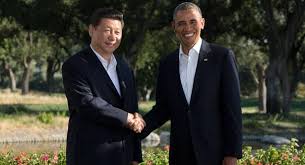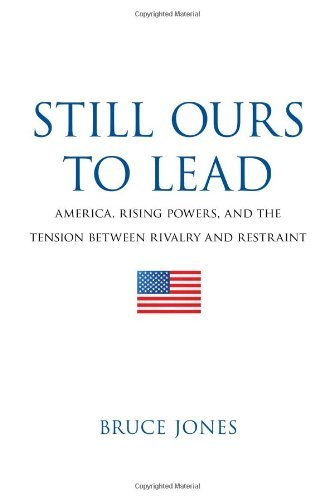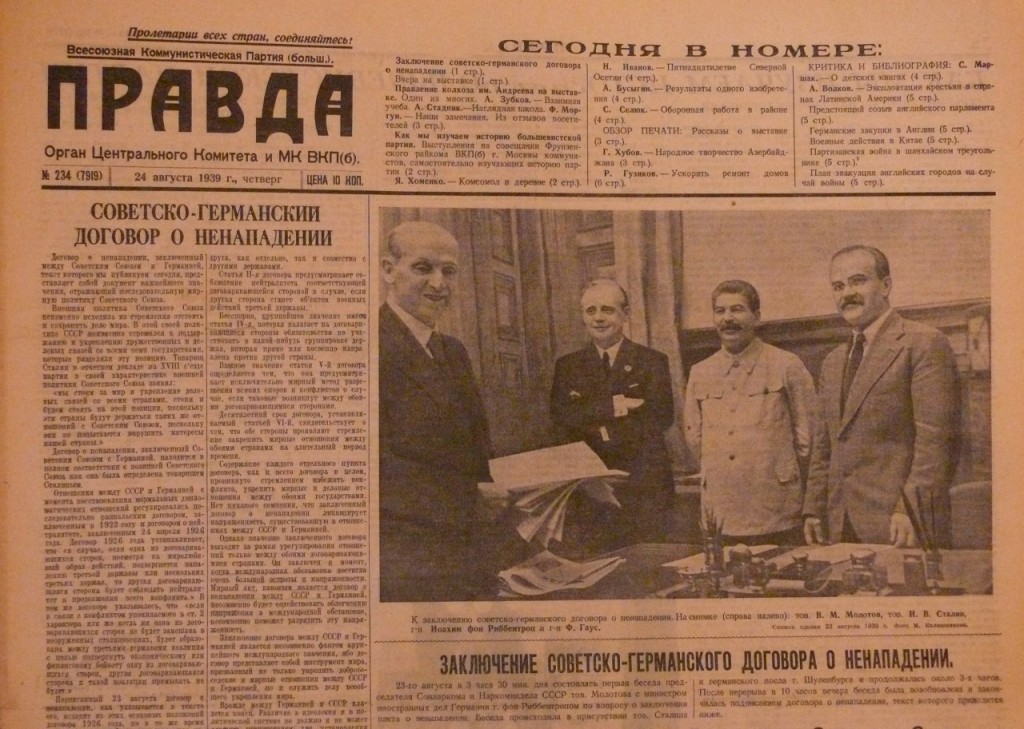So we are about to enter high season in the global summitry calendar. First up will be the Asia-Pacific Economic Cooperation scheduled for Yanqi Lake just outside Beijing proper on November 11 and 12, 2014. This is in turn followed by the ASEAN Summit (technically not a global summit) where the day following is the global summit meeting called the East Asia Summit (EAS). This Leaders Summit includes 18 Asia-Pacific leaders now that Russia and the United States have been added as of 2011. The meeting this year will take place in Naypyidaw the capital city of Myanmar. And with a final burst of energy Leaders will meet for the G20 Leaders Summit on November 14-15th in Brisbane this year. It is a tight schedule designed to allow leaders to attend all three and then to return to their home countries.


